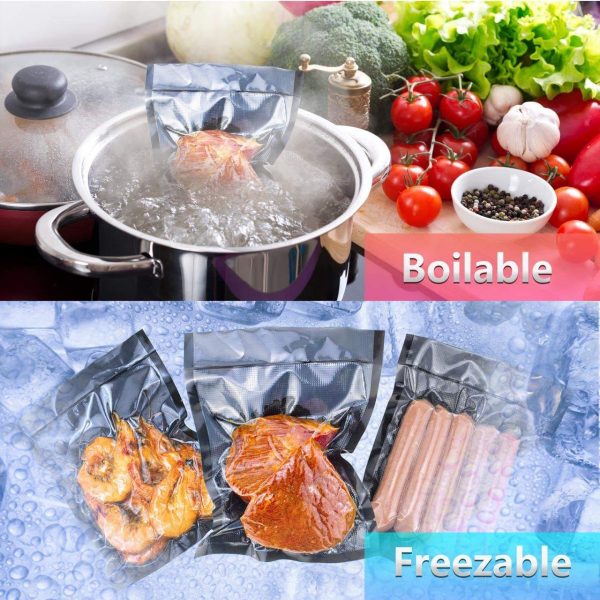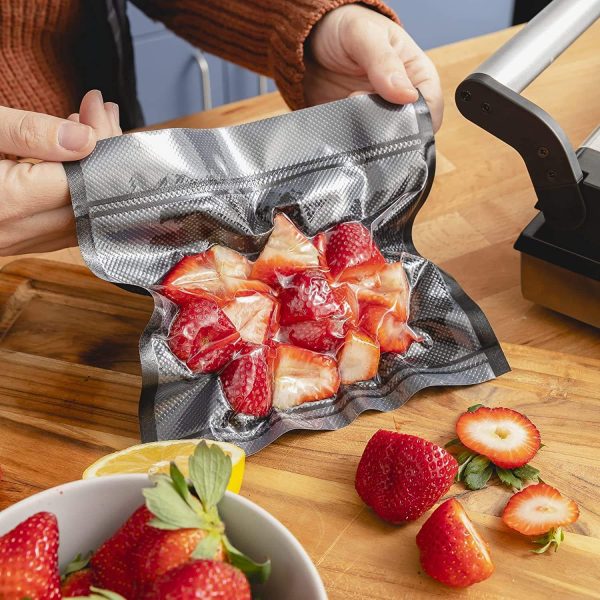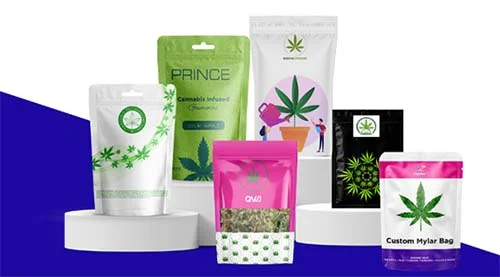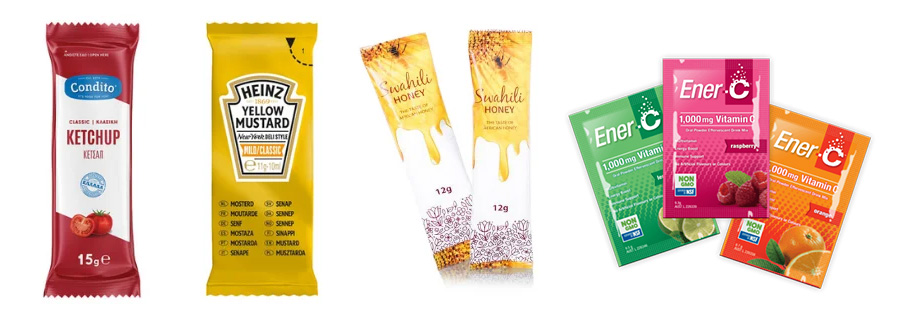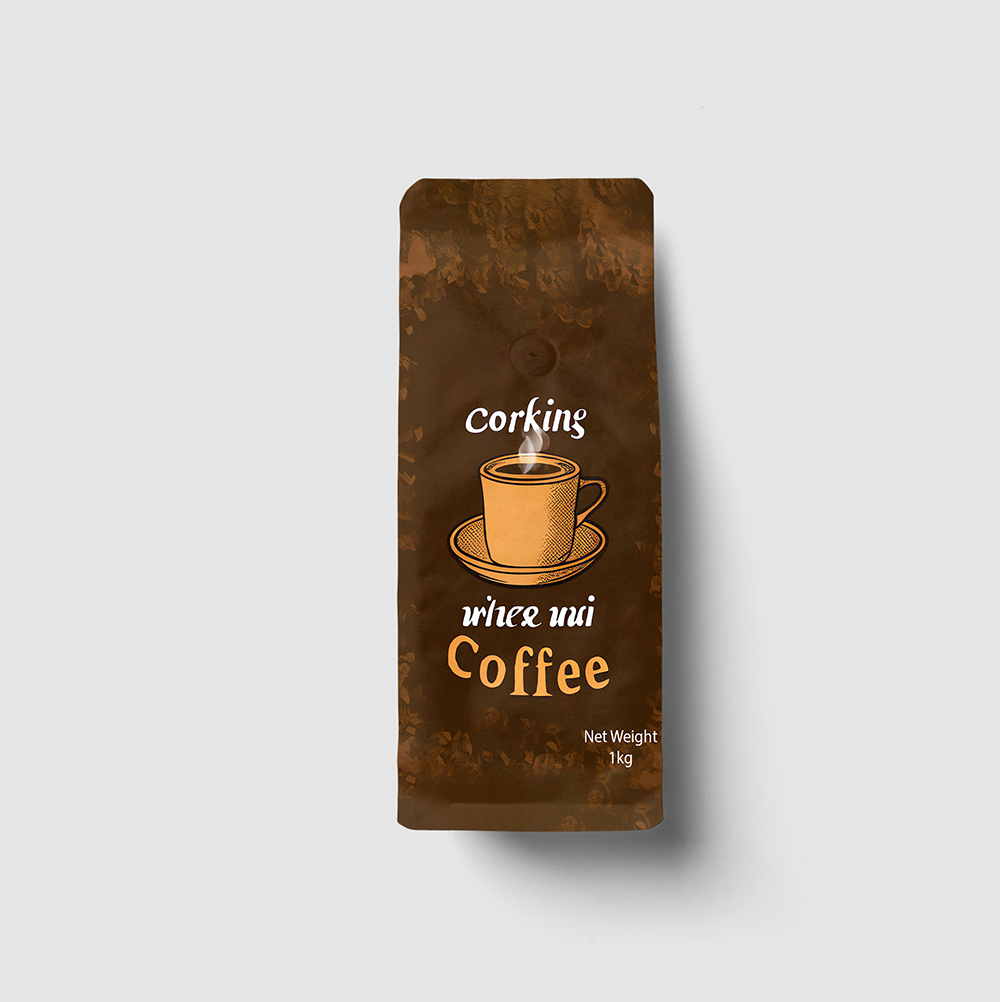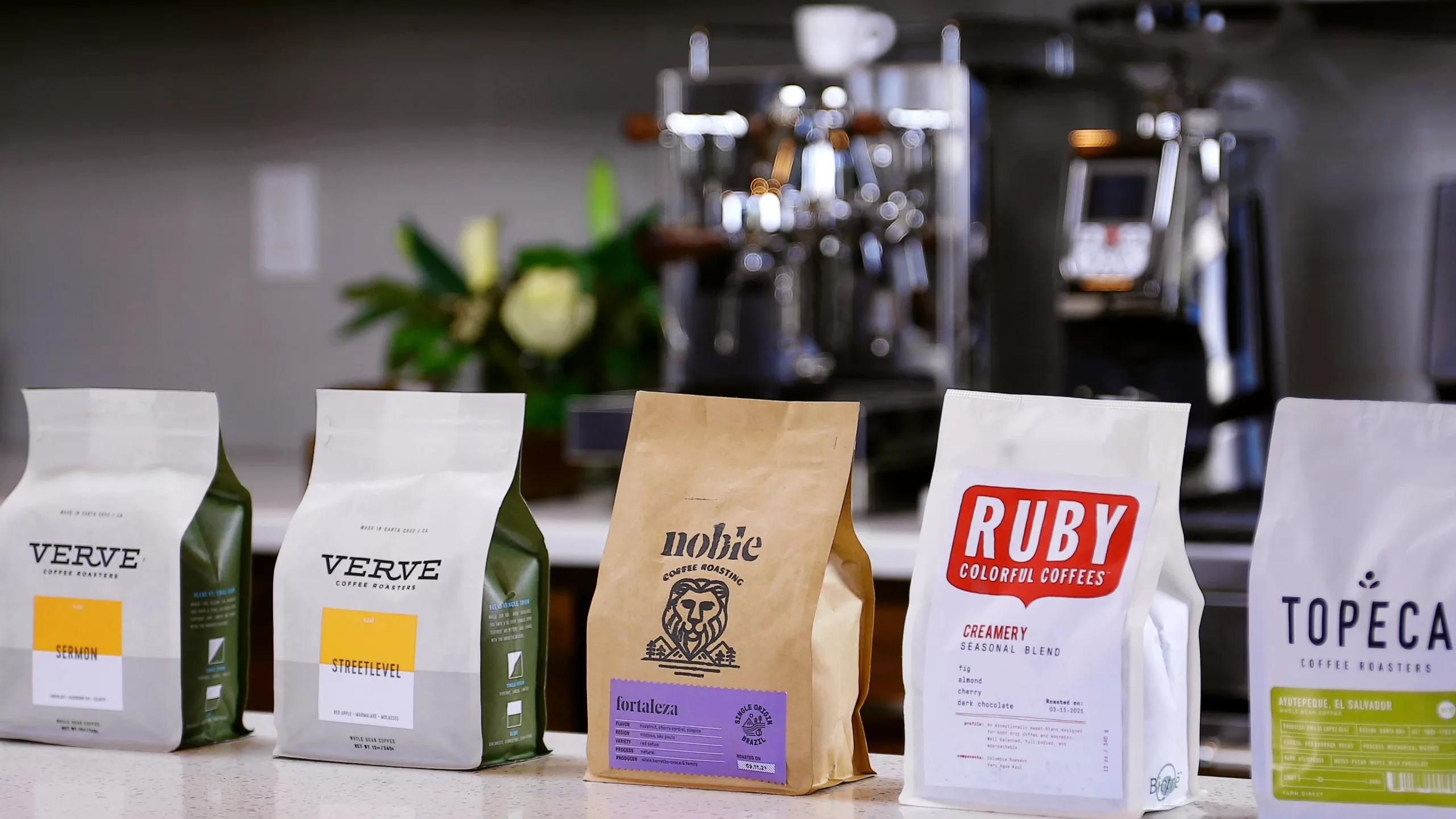Vacuum sealer bags are a powerful tool for food preservation, offering a way to significantly extend the shelf life of various food items compared to traditional storage methods. With the rise in popularity of vacuum sealers, many people are curious about how these bags work, how they differ from regular storage bags, and what factors to consider when choosing the right vacuum sealer bag.
1. How Long Can Vacuum Sealer Bags Extend the Shelf Life of Food?
One of the most compelling reasons to use vacuum sealer bags is their ability to dramatically increase the shelf life of food. When food is stored in a vacuum-sealed environment, the absence of air slows down the growth of bacteria, mold, and yeast, which are the primary culprits of food spoilage.
- For perishable items like meat and seafood, using vacuum sealer bags can extend their shelf life by 2 to 3 times compared to traditional methods. For example, raw meat stored in the refrigerator typically lasts about 3-5 days. However, when vacuum-sealed, it can last up to 2 weeks in the fridge and up to 2-3 years in the freezer without suffering from freezer burn.
- For dry foods like grains, pasta, and coffee beans, the shelf life can be extended by up to 4-5 times. Coffee beans, which lose their flavor rapidly when exposed to air, can retain their freshness for up to 2 years when stored in vacuum-sealed bags.
- Fruits and vegetables, depending on their moisture content, can also see a significant increase in longevity. For example, vacuum-sealed vegetables can last up to 2-3 years in the freezer, compared to just 8 months when stored in standard plastic bags.
The key takeaway is that vacuum sealer bags create a protective barrier against the elements that cause food to deteriorate, keeping it fresher for much longer periods.
2. How Do Vacuum Sealer Bags Differ from Ordinary Storage Bags?
At first glance, vacuum sealer bags might look similar to ordinary storage bags, but there are critical differences that make them far superior for long-term food storage.
- Material Composition: Vacuum sealer bags are typically made from multi-layered, heavy-duty plastic that is designed to withstand the rigors of vacuum sealing and long-term storage. This material is often BPA-free, food-safe, and designed to prevent punctures or tears, which could compromise the seal and expose the food to air. In contrast, ordinary storage bags are usually made from thinner plastic and are not intended to provide a complete airtight seal.
- Airtight Seal: The defining feature of vacuum sealer bags is their ability to create a perfect airtight seal when used with a vacuum sealer machine. This seal ensures that no air can enter the bag, which is essential for preventing oxidation, moisture build-up, and the growth of bacteria. Ordinary storage bags, on the other hand, might have a zip-lock or simple press seal, which is not effective in keeping out all air and moisture.
- Longevity and Versatility: Vacuum sealer bags are also designed to be highly durable and versatile. They can be used in the freezer, refrigerator, or even in boiling water (for sous-vide cooking). This versatility makes them an excellent investment for preserving a wide range of foods. Ordinary storage bags are generally less durable and are often not suitable for extreme temperatures or long-term use.
The superior construction and design of vacuum sealer bags make them an essential tool for anyone serious about food preservation.
3. How to Choose the Right Vacuum Sealer Bags?
Selecting the right vacuum sealer bags involves considering a few key factors to ensure that your food is stored in the best possible conditions.
- Size and Type: Vacuum sealer bags come in various sizes and types, from pre-cut bags to rolls that allow you to customize the size. It’s important to choose the right size for your needs. If you plan to store large cuts of meat or bulk items, opt for larger bags or rolls. For smaller items, pre-cut bags might be more convenient.
- Compatibility with Your Vacuum Sealer: Not all vacuum sealer bags are compatible with every vacuum sealer machine. Be sure to check that the bags you choose are compatible with your specific model. Some manufacturers offer proprietary bags that work best with their machines, while others offer universal bags that are compatible with multiple brands.
- Material Quality: Look for vacuum sealer bags made from high-quality, food-safe materials. The best bags are made from multiple layers of BPA-free plastic and are designed to be puncture-resistant and durable. This ensures that your food remains protected over the long term.
- Intended Use: Consider how you plan to use the bags. If you’re interested in sous-vide cooking, for example, you’ll want to choose bags that are safe for use in boiling water. If you’re freezing food, look for bags that are designed to prevent freezer burn.
- Cost-Effectiveness: While it might be tempting to choose cheaper bags, investing in high-quality vacuum sealer bags can save you money in the long run by better preserving your food. Bulk purchasing or choosing rolls instead of pre-cut bags can also offer savings.
Vacuum sealer bags offer a highly effective solution for extending the shelf life of a wide variety of foods. By creating an airtight environment, these bags protect your food from the elements that cause spoilage, such as air, moisture, and bacteria. Understanding the differences between vacuum sealer bags and ordinary storage bags is essential to making informed decisions about food preservation. Moreover, choosing the right vacuum sealer bags based on your specific needs and the types of food you store can further enhance their effectiveness.
Whether you’re storing fresh meat, dry goods, or even preparing food for sous-vide cooking, vacuum sealer bags provide a versatile, durable, and efficient way to keep your food fresh for longer. By selecting the right size, material, and type of vacuum sealer bag, you can ensure that your food remains in optimal condition, reducing waste and saving money in the process.
Vous souhaitez en savoir plus sur nos solutions d’emballage souples ? Contactez-nous ! Nous serons ravis de vous conseiller et de vous aider à trouver l’emballage ideal pour vos produits.

